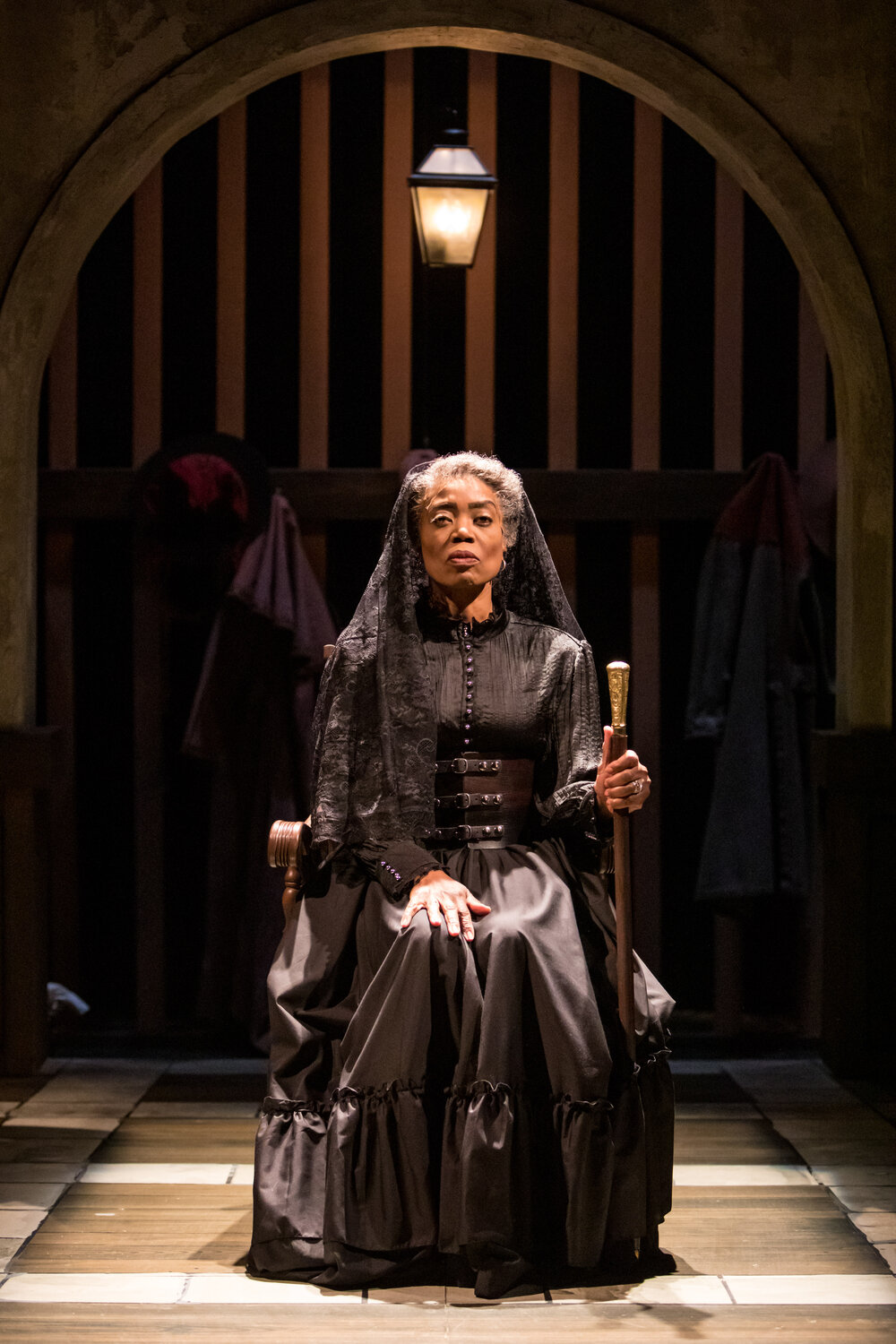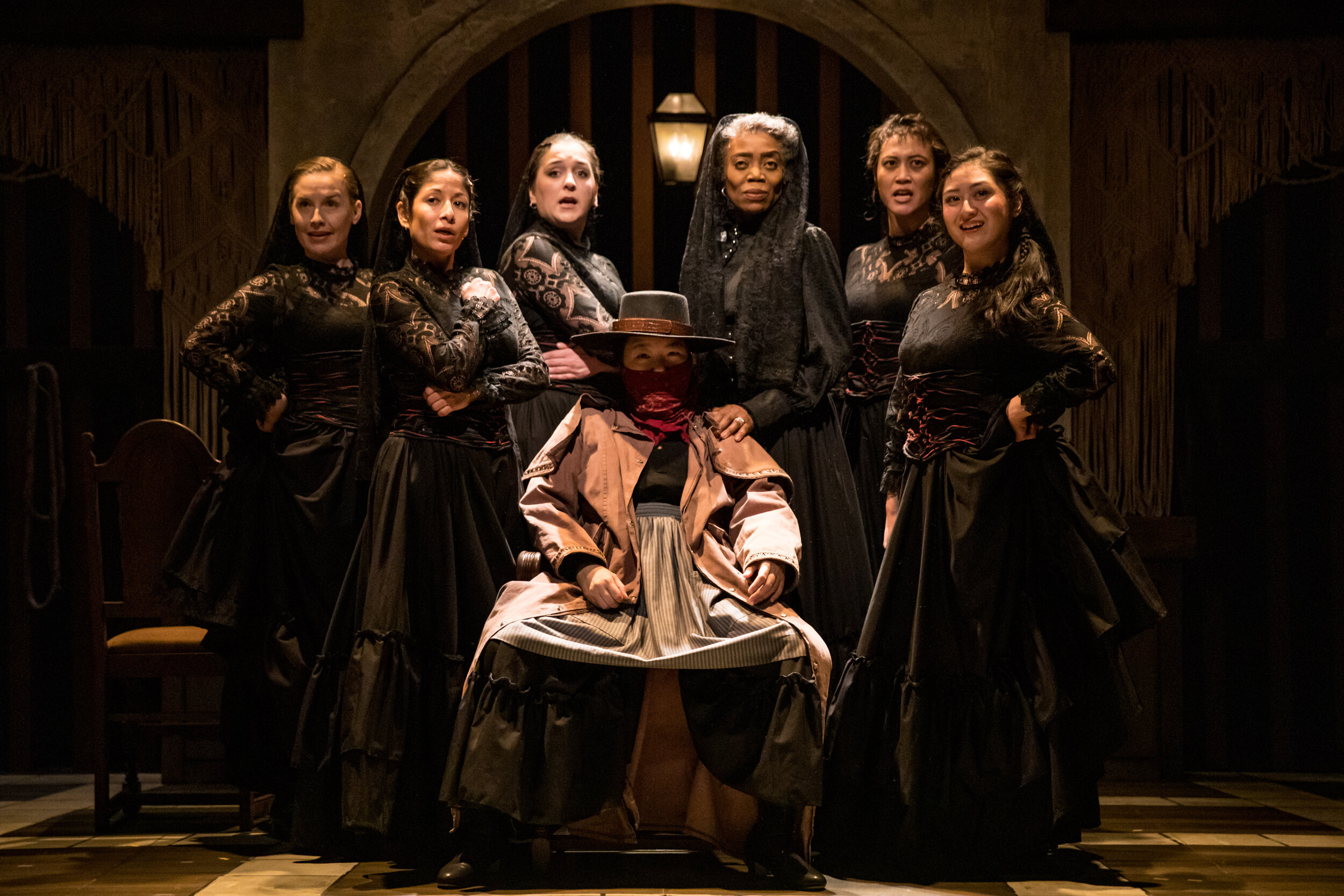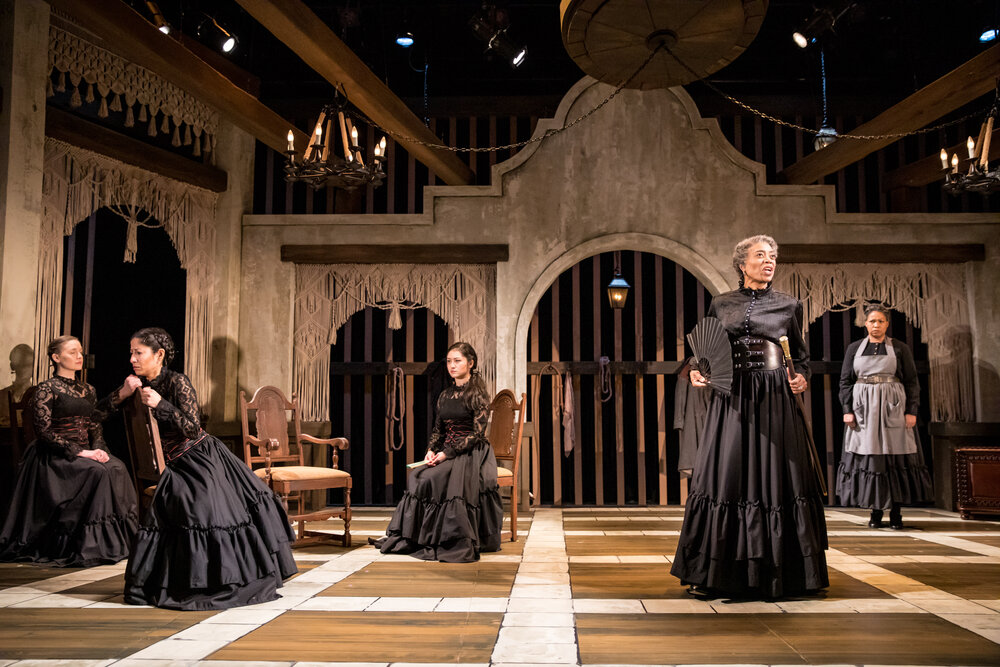The drama ” The House of Bernada Alba” by Federico García Lorca vividly reflects the typical rural Spanish society. With many chaotic situations, the dramatist beautifully exemplifies the socio-cultural and political system in that particular era. Lorca powerfully accuses the characters to make the drama curious and interesting with a sort of suffering attraction. Most of the characters are symbolically revolutionary and they are applicable in the modern social context as well.
In the drama, Lorca powerfully enhances his socio-ethical attempts by using every female character to highlight the victims of the strict regime of Fronco. In the tragedy which deals with the symbolical epitomes, he uses characters and situations to show the discriminated females and the corrupted society. This is a clear depiction of how Spain has combined many social and traditional limitations. As Lorca declares in his drama, the whole society is set up in a way to harass the women and he masterfully highlights the Patriarchal dominance. The permeable portrait of Fronco’s regime and how women are suppressed in this masculine society rather than men are satisfied with both orders and disorders. The religious and political dominance imposed limitations on women kind. It is obvious through the words of Bernada all over the drama.

The political involvement is betrayed through the character of Bernada Alba especially, in the society painting original identify of females, Bernada being a victim of the male dominating society, she does not want her daughters to suffer. Therefore, she convinces her ugly daughters to consider sex as corruption and virginity, chastity and purity, though it is deceitful. Women are reduced to less than women and the character of Poncia brings out that, men need such things when prostitutes come to the village. It is clear that the limited carnal freedom is something only for men in this rural Spain.
In the whole play, there is no appearance of a man on the stage. But, there are details about men; Pepe el Romano and females have to suffer for their immoralities, especially Adela. The freedom of women is oppressed and limited whereas Lorca outlines the fact that the priority always lies with men, not with women.
Although Pepe el Romano never appears on the stage of the play, yet secretly near the window, his character can be considered as the most influential role in the timeline of the play. This suggests how men are powerful in the authoritative social system. The freedom, especially the sexual freedom of women is suppressed here. Moreover, the punishments given to women, are brutally punished by society for going out against the traditional social norms regarding every living condition of females. And the same time, Lorca technically uses Maria Josefa’s imprisonment to symbolize freedom that varies from gender. Most of the time, many of the words ironically stand for the pressurized hopes and desires of the daughters which are symbolic of Fronco’s strict regime.

Lorca further declares the effect of religious dominance through the first act in order to feed the mother’s authoritative involvement using the word “church”. When we read the dramatist’s mind through his drama, we may feel like the hatred livelihood has created Adela here and mostly young girls against the social values and customs. It can be argued that being young and inexperienced, the girls are curious about what happened on the outside. Meanwhile, Bernada destroys her daughters due to her absolute power and her religious convictions. Once the tension Adela’s explodes with her response of breaking her mother’s cane and mother’s authority. As a result of the strict household, the drama ends with Adela who committed suicide.
The drama metamorphoses the male dominating society which carries the freedom, reputation and desires on the way of suppression and depression. The religious, political and social entrapment of women acts in a brutal way. The thesis that Lorca vividly circums is the drama ” The House of Bernada Alba” deals with an oppressed socio-political system of Fronco’s rural Spain.
Article by: Nelushi Asmadala | Faculty of Arts




Leave a Reply